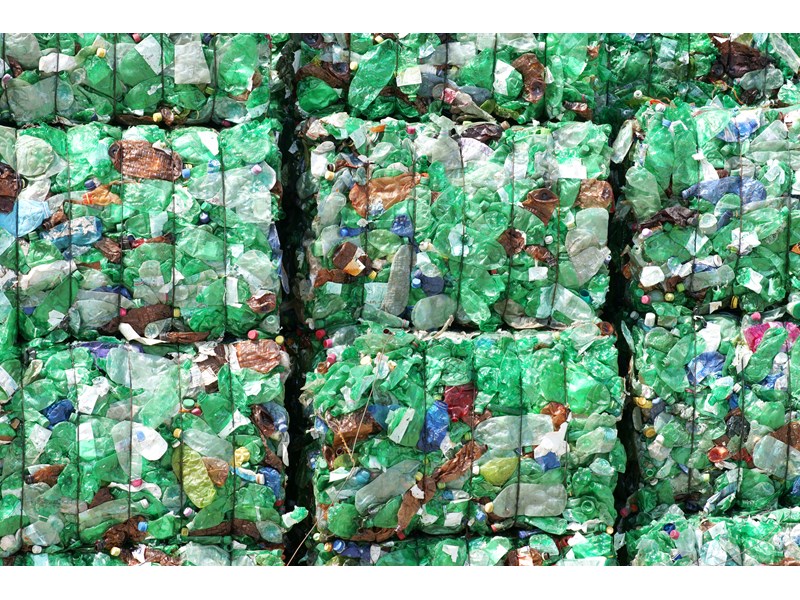Discuss your challenges with our solutions experts
How will China's waste plastic ban impact the global recycling chain?
The ban has potentially jeopardised prominent industries such as the recycled fibre industry
1 minute read
The Chinese government's plans to ban waste imports, including plastics and RPET waste products by the end of 2017 could have significant repercussions; not only for the Chinese fibre industry but also for the global recycling chain.
We wrote previously that it is no surprise that China has introduced the ban as the country looks for ways to monitor and effectively control the volume of waste imports coming in to the country.
Plastics ban to create supply gap for Chinese fibre industry
China's plastics ban is set to change the competitive landscape for fibres into 2018. The country's fibre industry relies on feedstocks to remain competitive in the global market. As a result of the ban, over 2.5 Mt of raw material PET bales and flakes will disappear from the market, creating a supply gap in RPET feedstock.
To fill this gap, domestic collection volumes and alternative sources should rise significantly in the short term. We can expect increased demand for virgin staple fibre, until new supplies of feedstock are established.
How will the ban affect plastic exporters?
Every region exports PET waste to China, and some will view this as an opportunity to absorb and develop domestic RPET markets. Others are pessimistic about the growing volumes of mixed plastics remaining where there are no markets for the material.
The US market has traditionally been one of the biggest exporters of waste plastic, however this is changing. Will this be a golden opportunity to keep material within the domestic US market? Many will see this as a chance to improve the sustainability credentials of the region.
Southeast Asia as a new market leader?
Southeast Asia has traditionally been the single largest source of waste imports into China and is now in the position to further develop its reclamation capacity and secondary markets. With financial investment from China, changes are already being made, and we believe that Southeast Asia is set to develop its position as leading importer of plastic waste.
